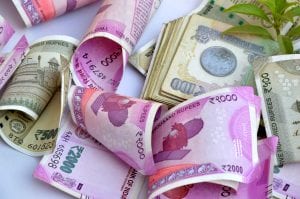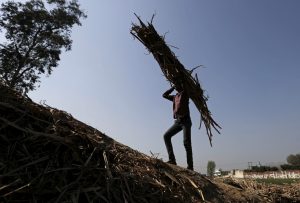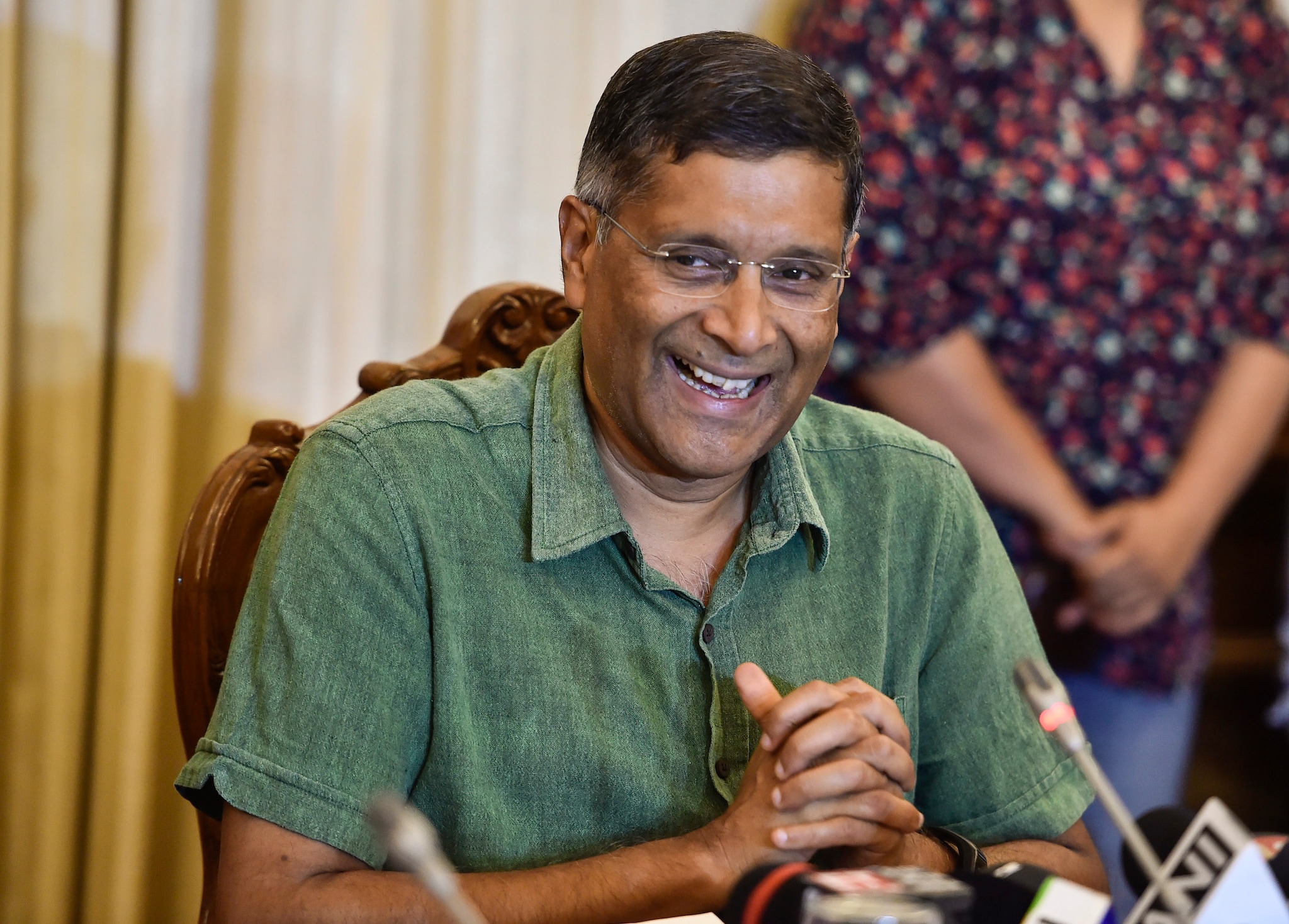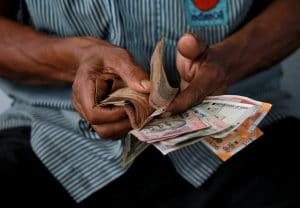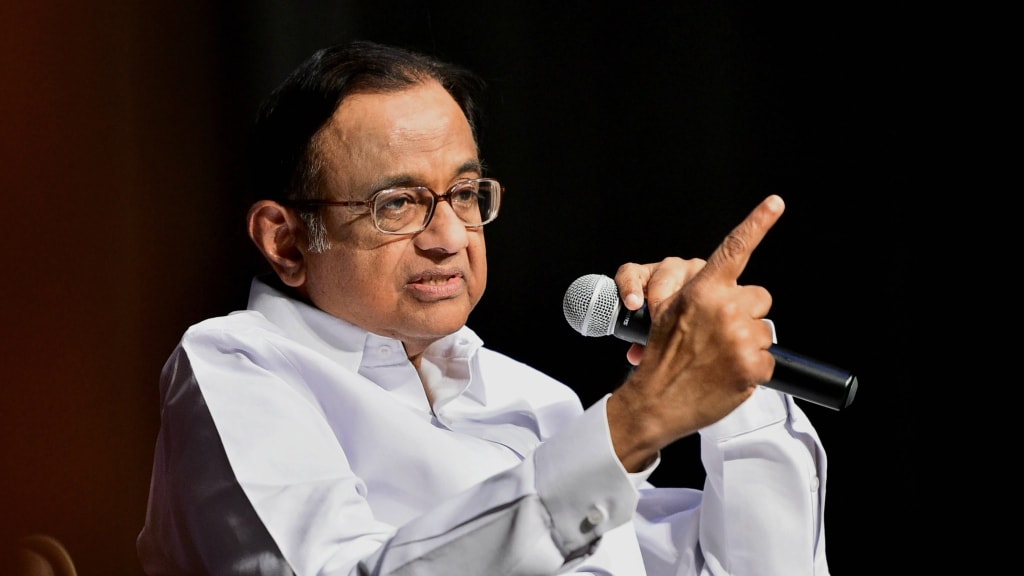Universal Basic Income: Is it free money for everybody?

KV Prasad Jun 13, 2022, 06:35 AM IST (Published)
 Listen to the Article (6 Minutes)
Listen to the Article (6 Minutes)
Summary
Universal Basic Income (UBI) is one of the most-discussed economic concepts in the world. The idea of a UBI for the poor is gaining traction in wealthier countries such as Finland and France.
Congress president Rahul Gandhi on Monday made a huge electoral promise ahead of the general elections — a guaranteed minimum income for the poor across the country, much like the system of social security in the US.
But there have been questions on how the Congress proposes to fund it. Diverting funds from subsidy programmes would provide enough funds, Reuters reported quoting Congress leaders as saying.
Universal Basic Income (UBI) is one of the most-discussed economic concepts in the world. The idea of a UBI for the poor is gaining traction in wealthier countries such as Finland and France.
Watch: P Chidambaram promises fiscal prudence even as Congress assures minimum income guarantee for poor families
Let’s take a look at the benefits of UBI and how does it work.
What is Universal Basic Income?
It is basically a form of social security through which citizens of a country or a particular region receive an unconditional sum of money on a regular basis from the government, regardless of how much they earn from other sources.
How does it work?
The scheme functions on the concept of direct cash transfer, which puts more cash in the hands of citizens, thereby improving their everyday income. The idea is to have a direct transfer of funds instead of having indirect benefit schemes.
An economics professor at London School of Economics, Maitreesh Ghatak, explained that UBI has three primary features – cash transfer, unconditional and universal – which essentially means it is an unconditional cash transfer to which every citizen of the country is entitled.
What are these features?
Detailed below is Ghatak’s explanation of these three factors:
- Cash transfer: UBI is a cash transfer scheme, as opposed to any other scheme that involves payment in kind, i.e. through specific goods or services. The cash transfer is done in a subsidised manner, or through coupons or vouchers.
- Unconditional: UBI is non-conditional, meaning it is not contingent on the recipient satisfying any compliance criteria to receive the assistance. This also distinguishes the concept from pensions, and unemployment and disability benefits, in the context of developed countries.
- Universal: UBI is universal, which means it is not meant for a specific group of people chosen on the basis of socio-economic or demographic criteria. Targeted assistance, on the other hand, caters to those below a certain income level, (e.g., child support or pensions) as opposed to every citizen.
Where has it been tried out?
Kenya, Finland, USA and India are among the countries who have tested or are testing UBI in some capacity or other. However, all these pilots came with conditions, which is not how the scheme works in its purest form.
Both Kenya and India’s pilots are restricted to rural areas. India ran two pilots for 12-17 months between 2011 and 2012, both in Madhya Pradesh. The first one was aimed at transferring funds to eight villages, while the second one was aimed at cash transfer to the inhabitants of two tribal villages.
The Kenyan pilot, on the other hand, is still running and the people of around 200 villages in the country are its beneficiaries. The pilot is expected to continue running for another 12 years.
Was UBI successful in the US?
The United States has a more comprehensive pilot running in the state of Alaska. The Alaska Permanent Fund, a constitutionally established permanent fund, pays a sum called Permanent Fund Dividend to all Alaska residents who have lived in the state for a full calendar year. The amount varies from year to year and depends upon a wide range of factors, including the stock market.
The UBI pilot in Finland, which started last year, involves transferring funds to 2,000 unemployed citizens for a period of two years. The motive was to see if this results in an increase in employment levels.
The above-mentioned pilots belong to two different types of countries – developed and developing. In developing countries, UBI is mainly adopted to eradicate poverty, while in developed countries, the scheme is implemented to boost growth by filling up infrastructural gaps.
What does critics have to say?
Like with anything that is perceived to be populist, the scheme has also been widely criticised. Many believe that it will discourage people from working productively as money will be getting easily transferred to their accounts. They believe that the beneficiaries will resort to bad habits instead of being motivated to work.
Due to these arguments, many countries have considered running pilots to check if the scheme is working out for their economy.

Elon Musk forms several ‘X Holdings’ companies to fund potential Twitter buyout
3 Mins Read
Thursday’s filing dispelled some doubts, though Musk still has work to do. He and his advisers will spend the coming days vetting potential investors for the equity portion of his offer, according to people familiar with the matter

KV Prasad Journo follow politics, process in Parliament and US Congress. Former Congressional APSA-Fulbright Fellow



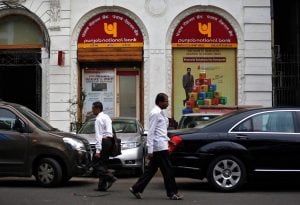






 Listen to the Article
Listen to the Article  Daily Newsletter
Daily Newsletter







